What associations arise when we talk about columns in the interior? Ancient colonnade, majestic and somewhat pompous?
Yes, the columns are perceived mainly as an element of antique architecture. In Ancient Greece and Rome, they were an indispensable constructive element of monumental structures – supported by heavy stone vaults. Since then, the perfection of ancient forms inspires architects who use columns in luxurious interiors in the style of classicism, baroque, rococo, empire.
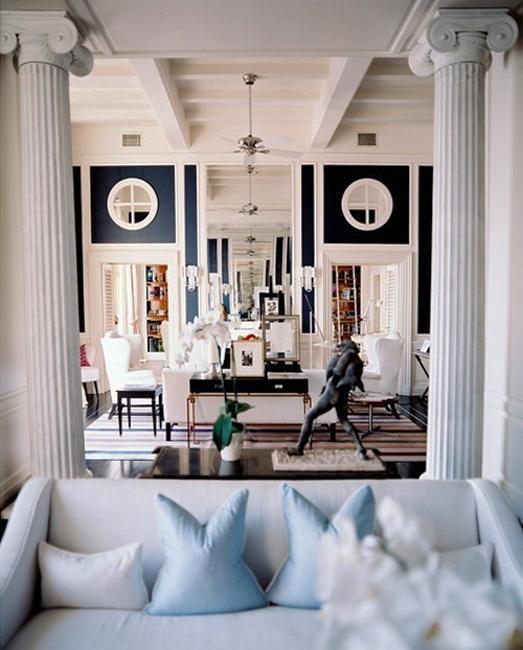
Interior of the living room in a modern style with white columns
It is considered that the columns in the interior are used only in expensive classical interiors. When decorating apartments in a historical style, they help to achieve the elevation to which the decorators seek. Designers and now pay tribute to antiquity, creating stylizations of the classics, while the columns may not support the vault, and perform in the interior of a purely decorative function.
At the same time, in modern high-rise buildings, columns often play the role of a supporting structure, which poses a difficult but interesting task for us – the adaptation of this constructive element to a certain style of the interior, not just the classical one: there are a number of fashionable trends in which they look very organically.
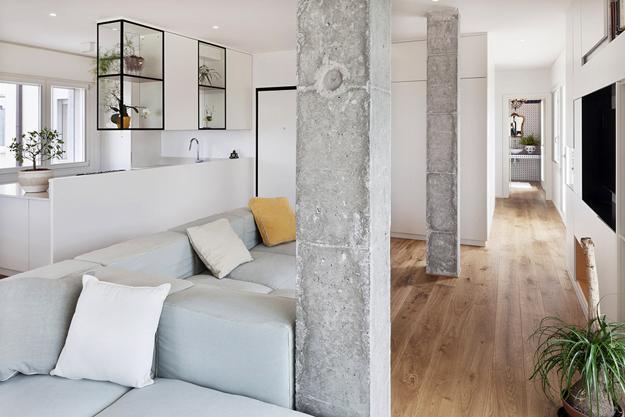
Concrete columns in the interior of the white living room
Modern directions – loft, underground, high-tech, only benefit from the expressiveness of the presence of columns, but only the attitude towards them in this case is different – functionality and technogenicity are emphasized, and they look otherwise – like roughly finished concrete supports or metal structures. Nevertheless, they allow you to move away from the dull standard solutions, create a completely original, unique atmosphere, emphasize the characteristic features of the style.
And such artistic, fantasy, bold directions in design, like art deco, boho? Even if there are no columns in the design of the house, their styling will become that juicy accent that will emphasize style, organize and order space.
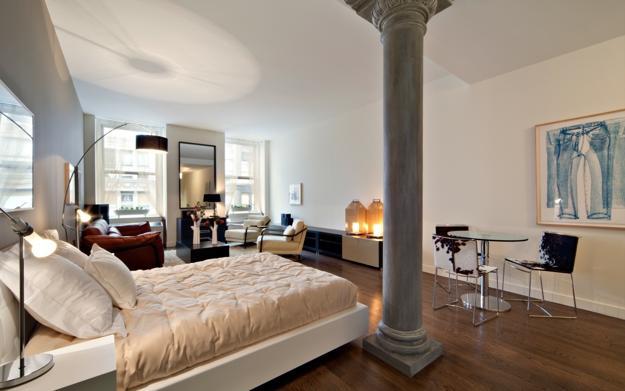
Column in the center of the bedroom
On the columns and how to inscribe them into the interior, one has to remember those at whose disposal was the room in which – like the hosts or not – there are supporting columns. It is impossible to get rid of them. What to do? Make them a key decorative element or “hide”, disguise so that no one will pay attention to the absurd pillars in the middle of the hall?
Columns – not a sign of past eras, but a very relevant design element. If you want to move away from routine, create a special, stylish living environment, remember the columns – maybe this is exactly what your interior lacks?
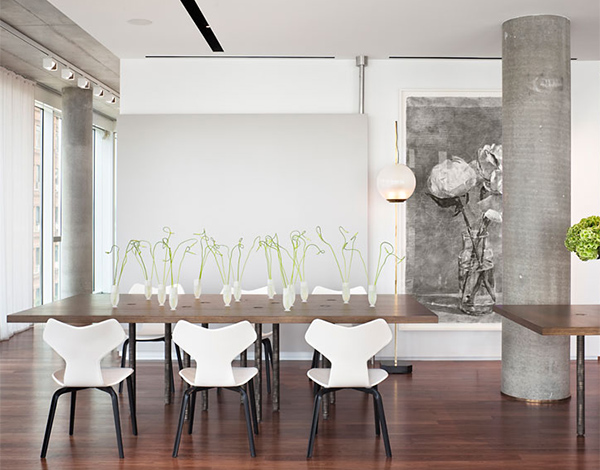
Concrete column in the dining room
Decorative element of the historic interior
The palace style in the design of luxury apartments, never loses its relevance. Centuries passed, but the traditions of the past were preserved in the design directions:
- classicism,
- baroque,
- rococo,
- empire.
They remain the embodiment of beauty, rich decor and majesty. Along with gilding, stucco, cascades of mirrors, a distinctive feature of the historical interior are the columns. They can be present as:
- colonnades;
- arched colonnade;
- paired columns;
- paired columns, united by an arch;
- half-columns.
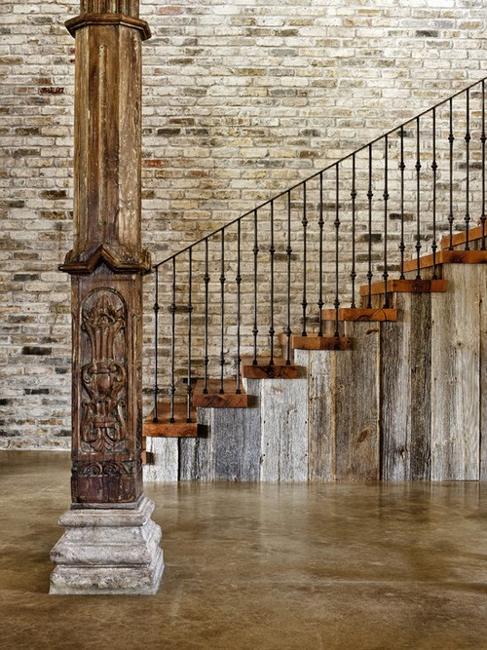
The column in the corridor decorated in the old days
Colonnade
The colonnade, as a rule, performs the function of zoning space, providing a light, airy, and at the same time clear division into zones. A unique feature of this zoning is that when viewed from within from any zone, it does not seem limited to the columns, visually extending from wall to wall.
If two small zones are formed when using partition walls, then when you install the colonnade, you can get a feeling that it has become a room that is twice as spacious – especially if you use the mirrors skillfully.
If the colonnade is arched, then the zoning becomes more localized, chambered.
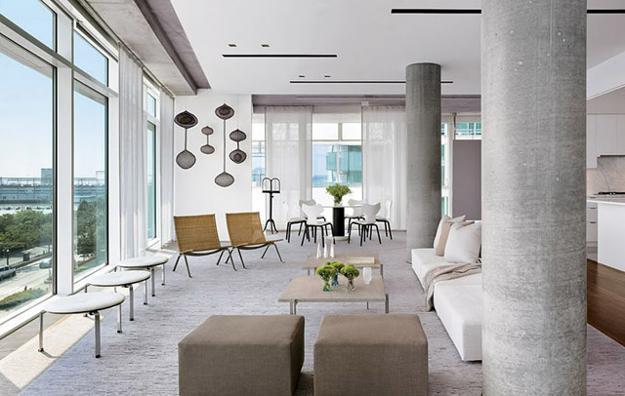
Columns in the modern style
In addition to its functional purpose, the colonnade is an element that determines the aesthetics of the interior. The fascinating rhythm of the columns that go into the distance makes you forget about time, gives peace from contemplation of exquisite beauty.
If the colonnade is being designed during the construction phase, it can carry a strength load. If, in the Baroque or Empire style, a spacious hall is formed, which does not involve additional supporting structures, imitations are used – decorative columns.
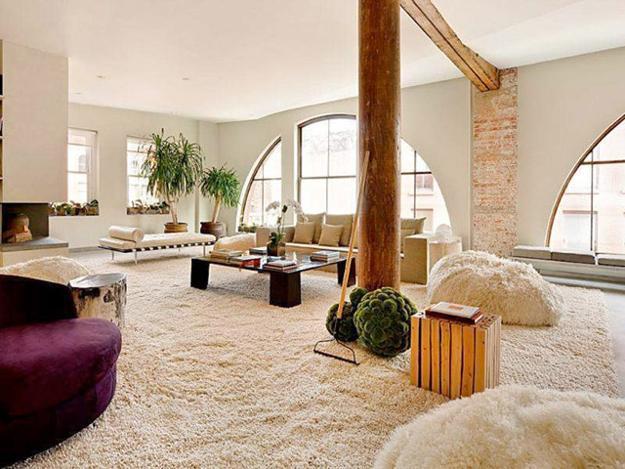
Wooden column in the center of the living room
Antique style is always insanely expensive, in such interiors rarely use columns of cheap materials. The luxury of the palace magnificence is emphasized by the colonnades of marble, malachite, jade, but in fairness it should be noted that, as a rule, we are not talking about monolithic structures, but about facing with a noble stone or imitating it.
More often interior designers solve the problem of styling to the style of baroque, rococo or empire, and then a reasonable solution – to use budgetary options for decorative columns. Ready-made constructions from gypsum, polyurethane and artificial stone are offered by specialized workshops, and gypsum board columns are made on site.
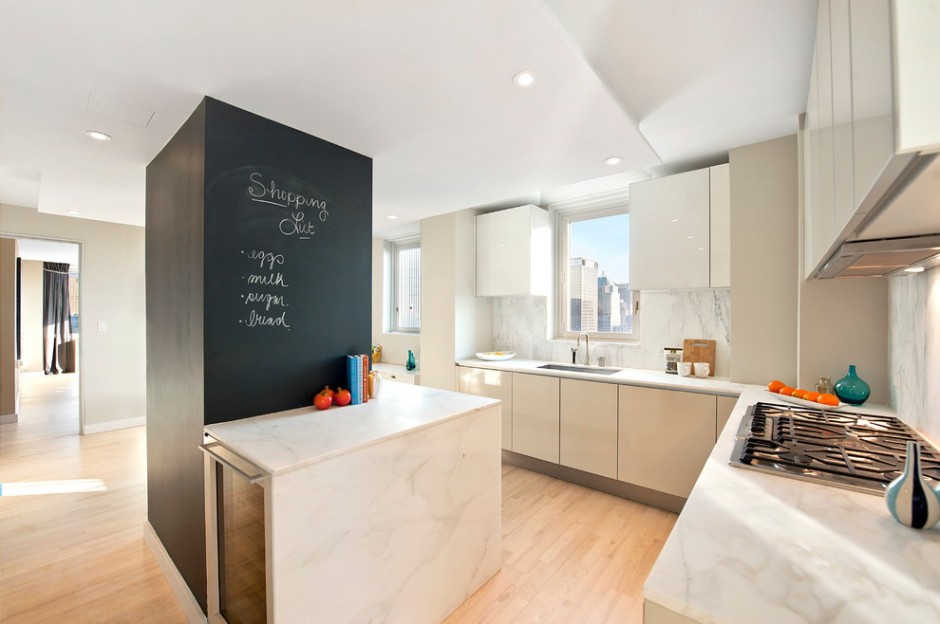
Column in the center of the kitchen decorated as a board with notes
Twin columns
Columns in the room are traditionally placed in pairs.
Paired columns are usually installed on both sides of the window, fireplace, stairs. With their help you can efficiently zonate the room – in this case they are often located at opposite walls, where they separate one zone from another, for example, indicate the boundary between the living room and the dining room.
If in the room, there are massive ledges of walls that are not peculiar to the antique style, it is enough to install a column next to the ledge – and the style unity of the interior will be restored.
Sometimes the columns are united by an arch, this emphasizes the isolation of the zone they limit.
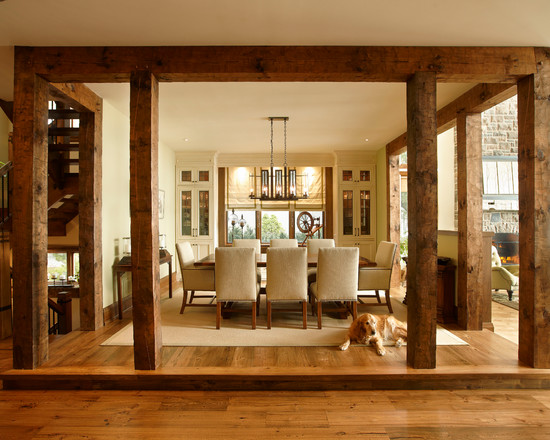
Columns as a division of space
Paired columns, as a rule, are a purely decorative element of the interior. Materials for them are chosen on the basis of the same considerations as in the colonnade – when stylized to antique style, inexpensive materials and imitation of stucco with appropriate quality finish are used.
With the help of paired columns at minimal costs, you can place expressive accents, give the interior a certain elevation.
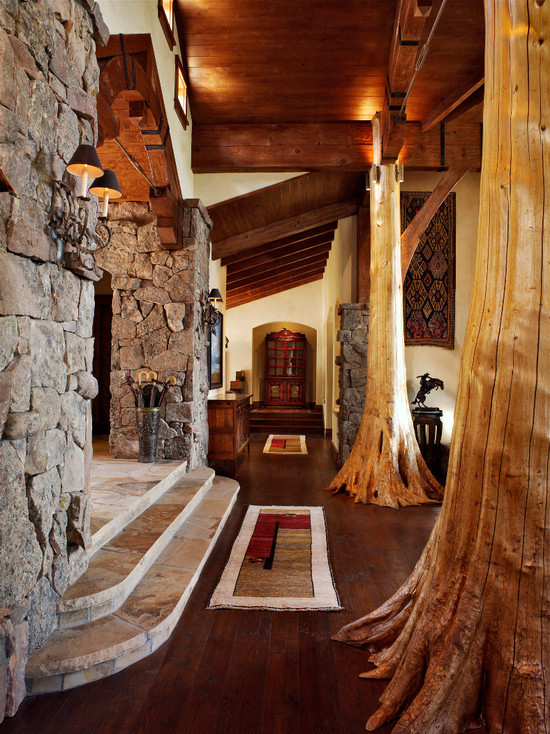
Columns in the form of dry trees
Half-columns
Semicolumn imitates a column protruding from the wall. The functional purpose of the half-columns is the same as that of the columns: highlight important design elements – window, fireplace, niche – or zonirovat open space. Semicolumns are easier to erect, since they are not subject to such strict requirements for fastening: it is enough to fix them against the wall. However, they are no less expressive. The market offers a large assortment of ready half-columns of polyurethane, which only need to be installed “in place”.
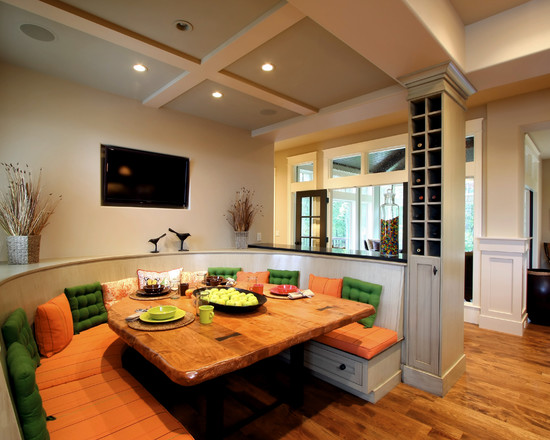
Column in the form of a rack
Columns in vintage interior
Some modern directions of design are revealed especially brightly, if there are columns in the interior. These include:
- art deco,
- boho,
- Oriental style, using the motives of the Arab East and Byzantium.
In the Art Deco style, combining elements of antiquity, baroque and bold modernism, the columns are an element that gives the interior a touch of exquisite refinement and nobility. Strict clean lines of columns or semi-columns remind of the aesthetics of Ancient Greece.
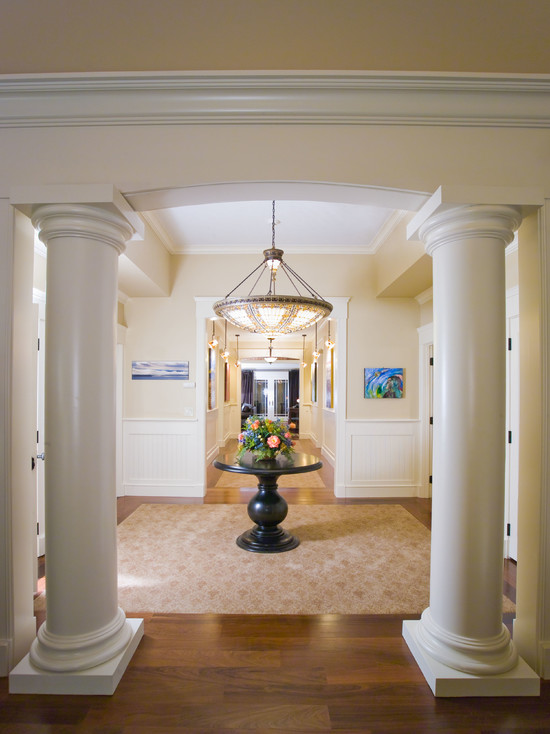
White columns in the design of the aisle
With the shocking style of the bohos, the simplicity of the “poor” decor and the defiantly rich textiles, gilded decor unthinkably coexist. Columns are almost an inalienable attribute, designed to strengthen the pompous design component of this ironic, but cozy style. The design of the columns themselves is practically not regulated.
If the interior is decided to decorate in the spirit of the fairy tale “A Thousand and One Nights”, then the columns can be made of stone (as well as its imitation of gypsum and polyurethane) or wood. The decoration is decorated with mosaic.
No romance – industrial and rustic styles
Modern “rural” and industrial design styles emphasize the pragmatic attitude to the columns, emphasize the aesthetics of functionality. The most characteristic directions in this respect are:
- loft;
- underground;
- high tech;
- country.
Loft, as a style, left the factory shops, initially assumes the existence of supporting structures, which are very peculiarly played out in such an interior.
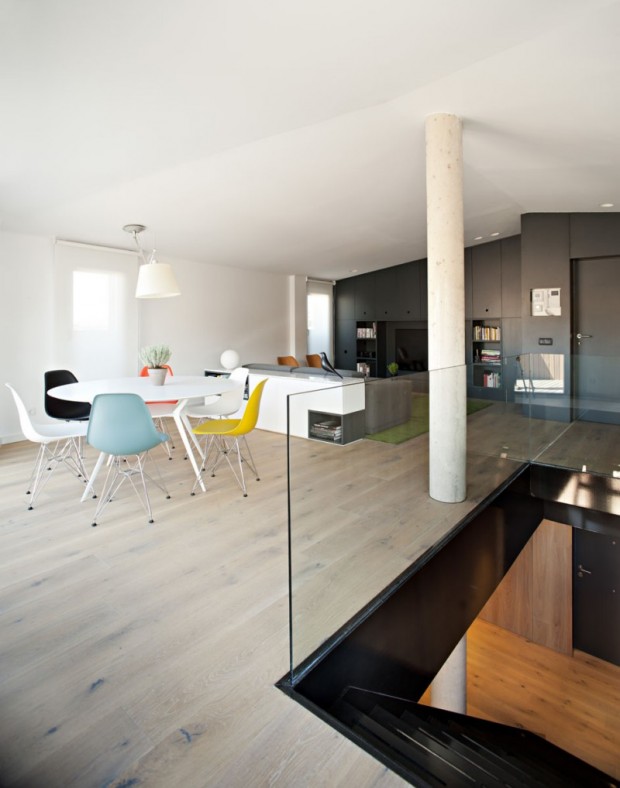
Column in the house decorated in a minimalist style
There can not be any antiquity and speech – only simple rectangular forms and rough furnish. Traces of concrete formwork, old brickwork, careless plastering – such severe texture of walls and columns are characteristic of a loft, and it is against their backdrop that any stylish piece of furniture is perceived as a luxury – which is required.
The underground in the interior is close to the style of the loft, but if in the loft the abandoned factory premises are the source of inspiration, then in the underground there are cellars. Following the concept of “nothing ordinary”, the underground does not accept absolutely no repetition of what has become the norm. Therefore, the columns in the underground, as not too hackneyed constructive element – a successful find. Finishing is the most restrained – stone, concrete, aged brickwork.
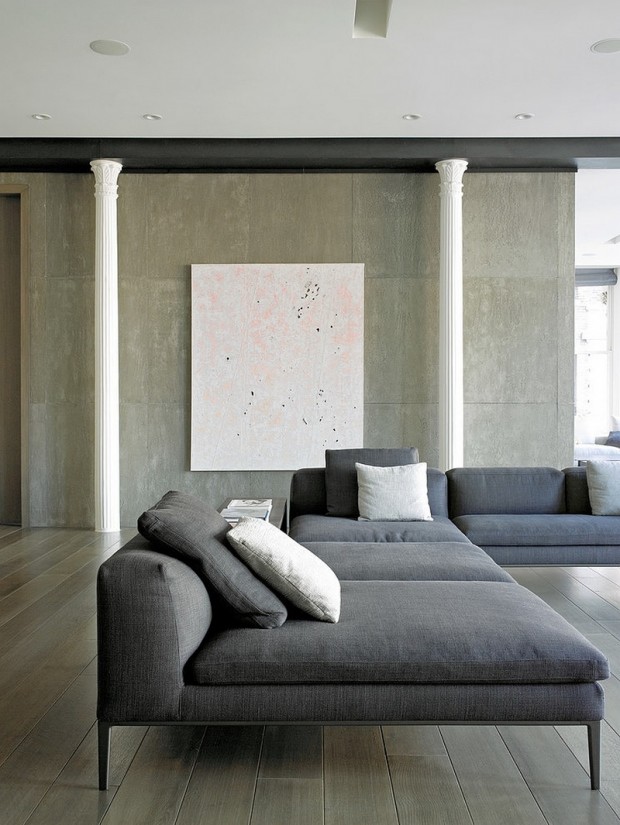
Classic columns in the modern interior
In the interior of the style of high-tech columns, strictly speaking, are optional. But the shiny chrome metal surfaces give it a special gloss, so if the columns are to be metal, and – from the shiny metal. Doubt about the metal? In hi-tech, this polygon of futuristic delights, the most unexpected solutions are possible. For example, a column representing a glass cylinder with illumination, filled with liquid and rising bubbles of air.
The country style is pointedly practical. The supporting structures are simple, made either from wood (safari, American country), or from masonry or imitation under it (Provence).
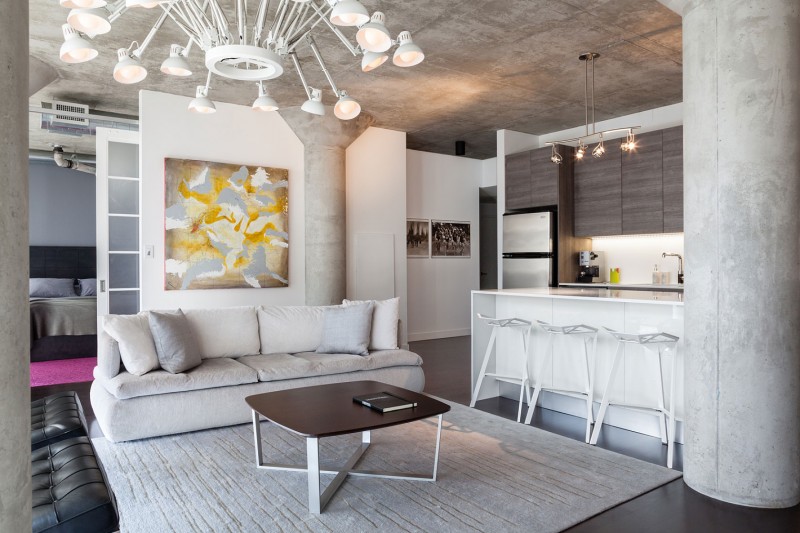
Columns in the loft apartment
Columns as a supporting element
Do not forget that the original purpose of the column is not decorative, but functional – to support the beams overlap, and it has not outlived itself.
What if the columns, which are the supporting structure, exist in the premises a priori, despite the fact that they do not fit in the original interior design?
Recently, designers have faced such a problem more and more often, and, paradoxically, the reason for this is the fashion for the free layout of the apartments. Designers decisively get rid of partitions, but because of a lack of supporting structures they have to distribute the load on the columns and semicolumns.
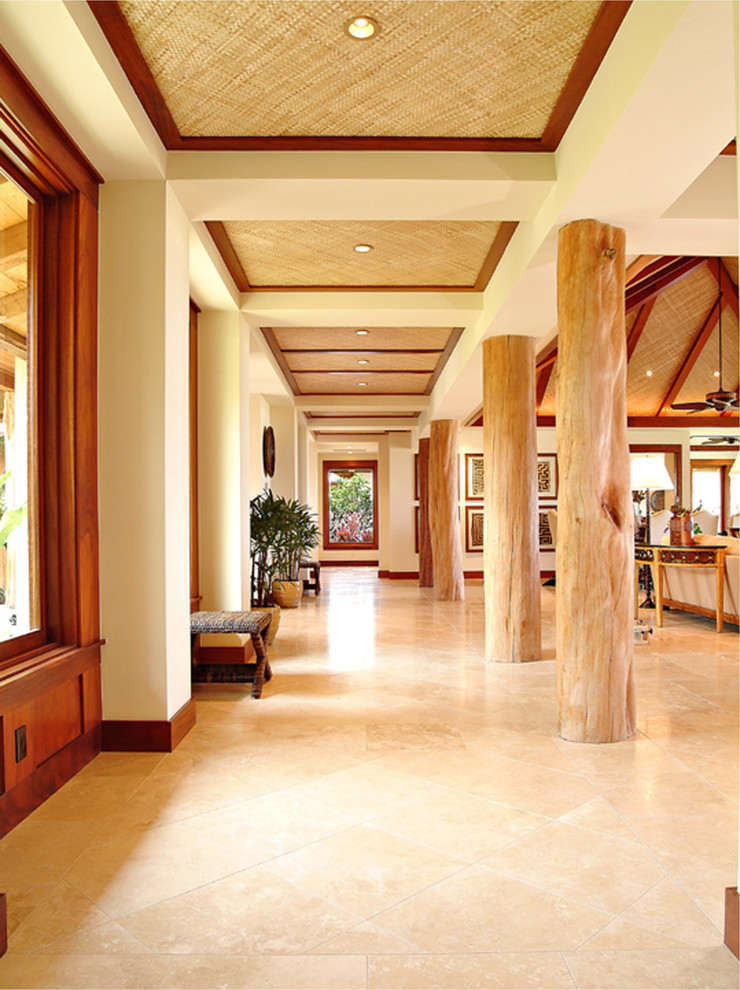
Wooden columns in a country house
These load-bearing elements not only can not be demolished, they can not even be shroked. And what should the owner do with this massive column in the middle of the hall?
At least four ways can be distinguished here:
- Check out the room in one of the styles discussed above. If the columns are massive, you can consider loft, underground, country. If small in cross section – the choice is huge, they can be given an antique outline, imitate a metal or wooden surface.
- If none of the described styles inspire, give the columns an unexpected functionality. For example, you can arrange a sofa around the column or use it to display paintings.
- Use columns for zoning. It will help in this low partition, going from the column to the wall, with its role successfully cope with the curbstone, rack, bar counter.
- Make it invisible. Hide it under the shelves, combine with the cabinet so that the column will pass inside it, hidden from view. Color the neutral color that prevails in the interior. On all four sides, cover with a mirror mosaic – the column will literally dissolve in the air.
- Make it a central element in the interior.
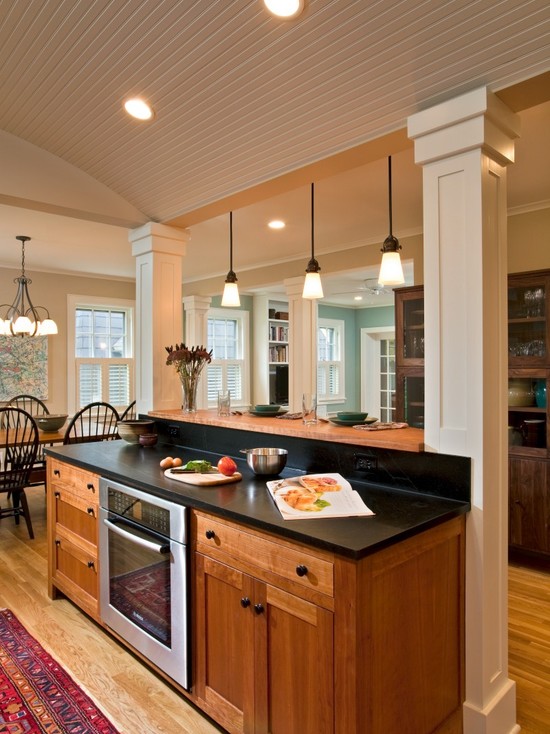
Columns like the design of an island in the kitchen
The latter option should be considered in more detail. So, what gives the selection of the column, as a special expressive element? This is a departure from the template, generally accepted standards, and any unexpected decision is a holiday for artistic nature.
You can leave the column (or columns) “as is”, thereby emphasizing the traditional constructive element of the open space. In the extreme case, the column can not be plastered – a harsh concrete surface contrasts the sophistication and comfort of the interior.
You can turn the column into a supporting structure for greenery, placing on it a lot of climbing and ampel plants, wrapped in ivy.
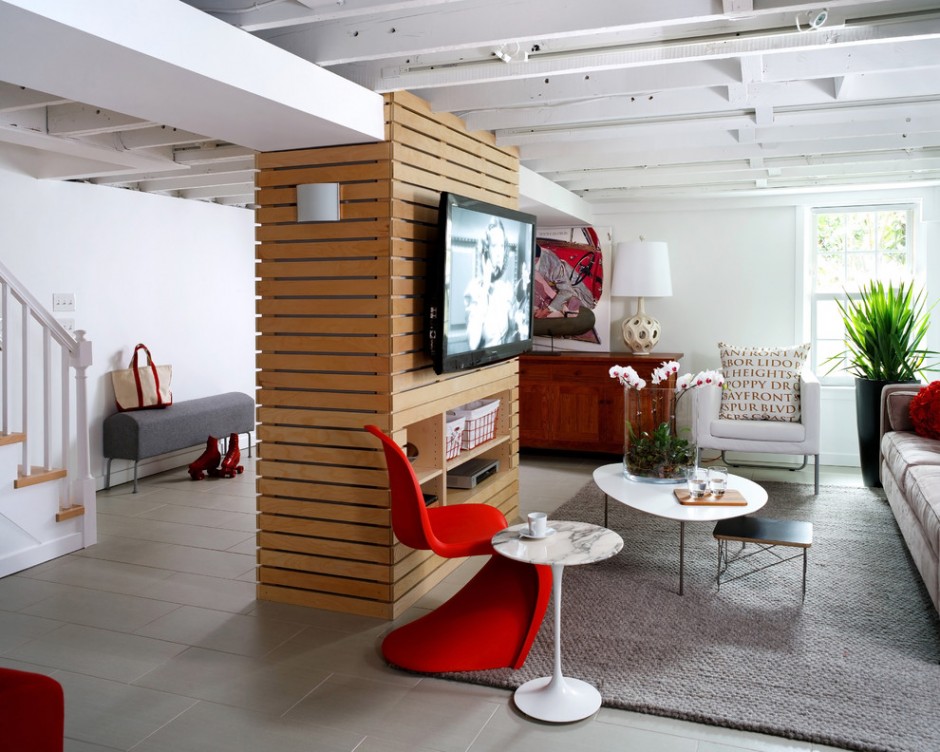
Decorative column for TV system
A strong option for an interior in the style of minimalism or modernism – to highlight the column in color, to give it an unusual futuristic shape.
The backlight of the column will create an uplifting, festive atmosphere in the living room or mysterious, intimate – in the bedroom.
We’ll venture to say that the supporting column is a godsend for a talented designer who will always find a dozen or two ways to beat it so that the interior will become unique and expressive.
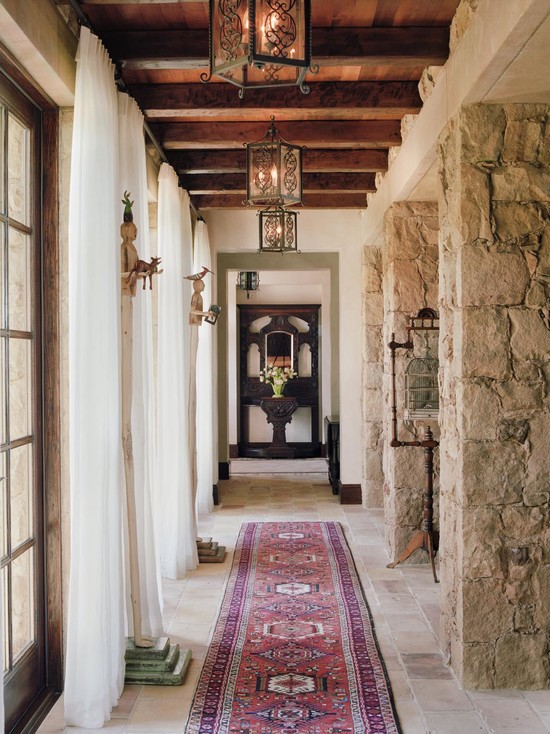
Stone columns in retro style
Unity of pragmatic and sublime
Columns – an amazing element of interior design.
They have appeared and continue to exist in architecture, as a supporting element supporting the vaults of sufficiently spacious rooms. And the quivering attitude towards the columns, as an element of the sublime, solemn, monumental, is connected not only with the ancient tradition. In itself, the size of the premises that need additional supporting structures, causes some respect.
To adapt the existing columns to the interior, to make them a “highlight” of modern stylish design or to recreate the spirit of antiquity in individual apartments with the help of exquisite imitation of colonnades in individual apartments – an interesting problem with many options. We hope that our short guide will help you choose the right direction, use original columns in the interior, and let the sense of style serve as a compass.
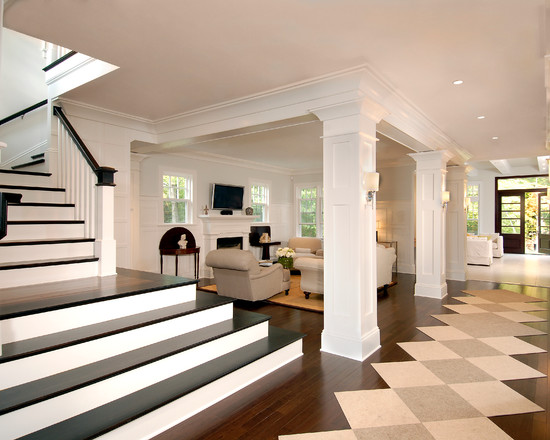
Columns in the interior
Photo gallery – columns in the interior:
Video:
Author: Mikhail Bond

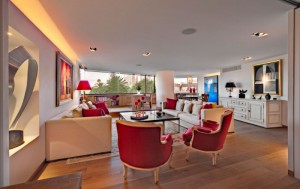
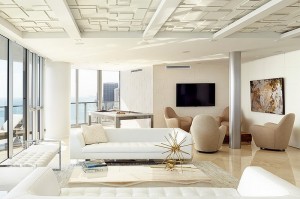
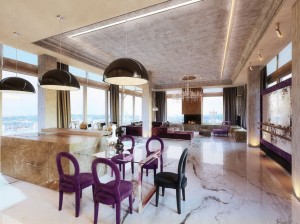
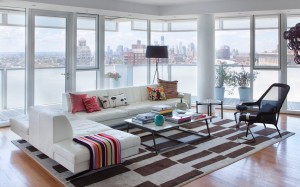
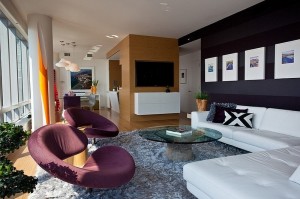
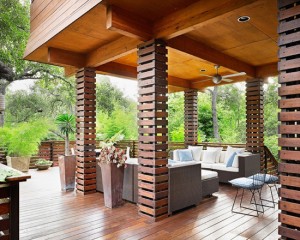
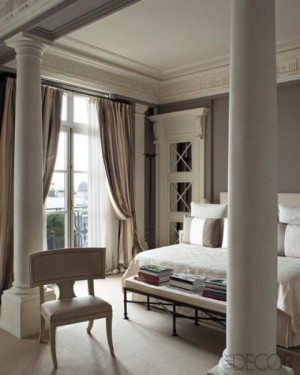
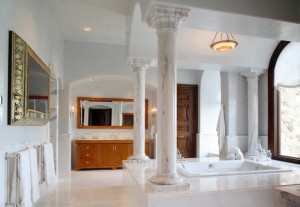
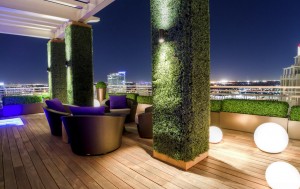
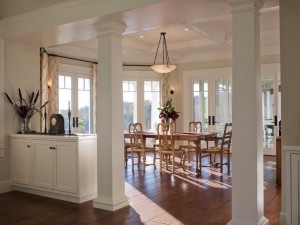
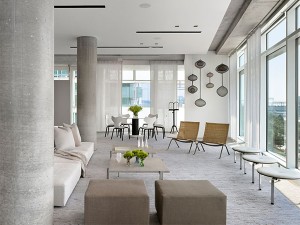
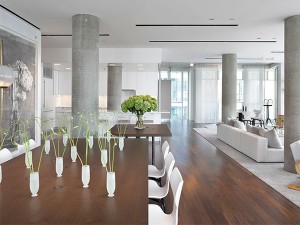
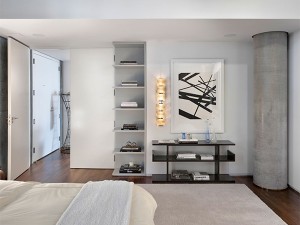
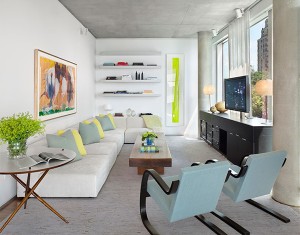
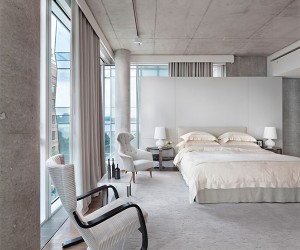
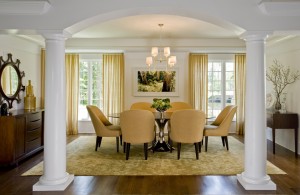
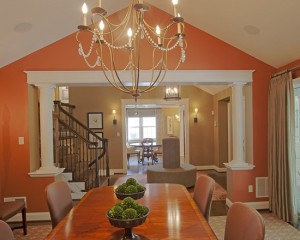
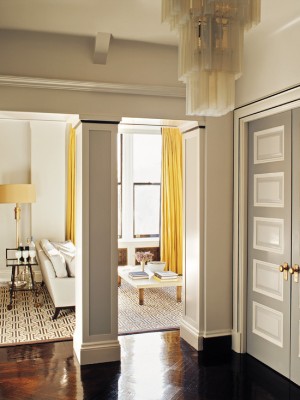
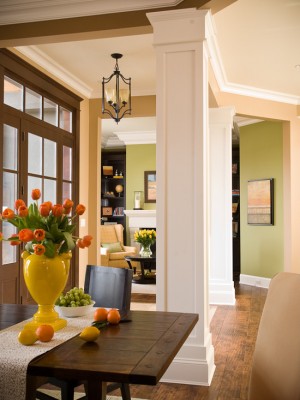
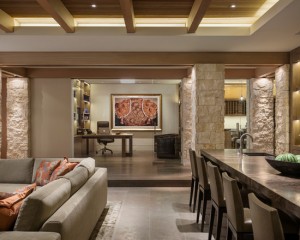
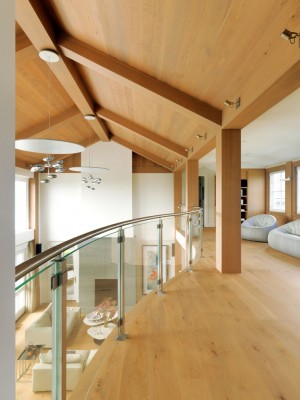
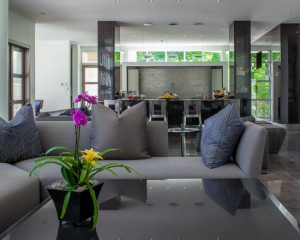
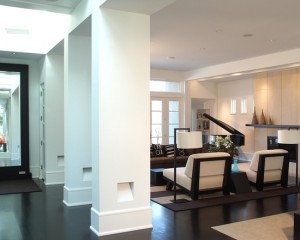
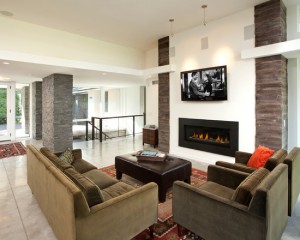
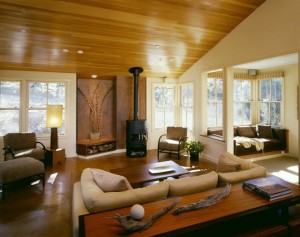
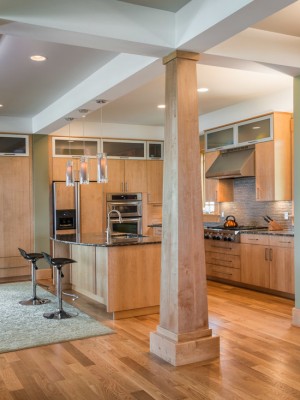
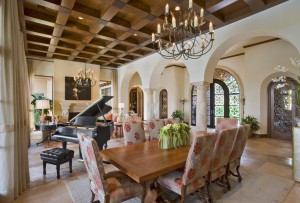
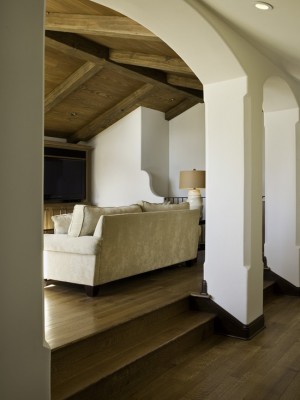
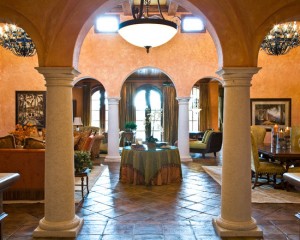
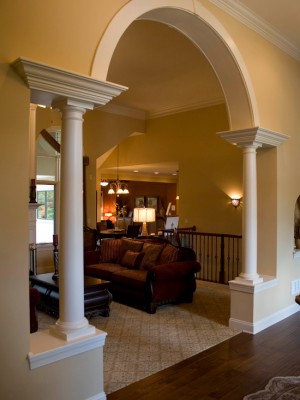
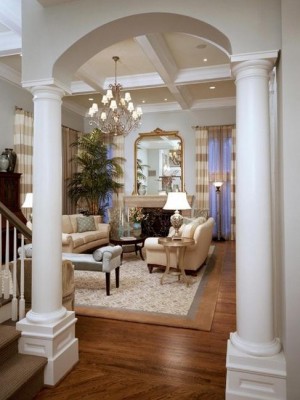
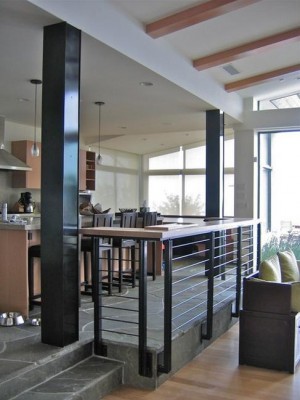
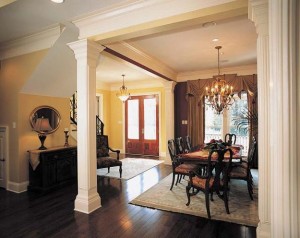
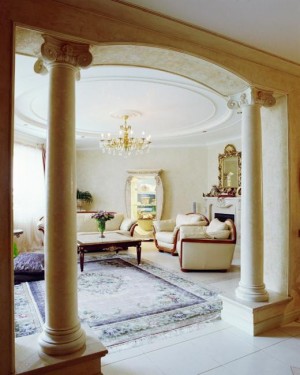
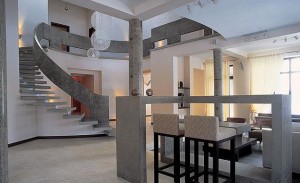
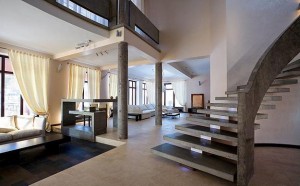
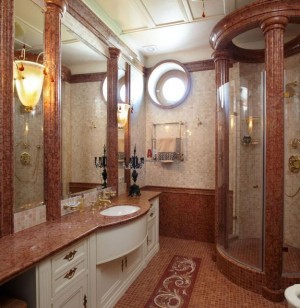
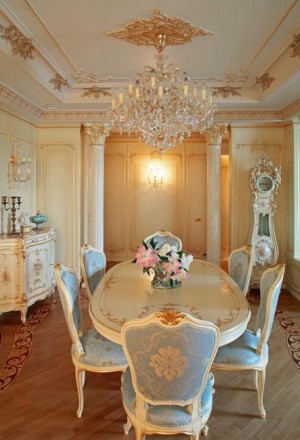
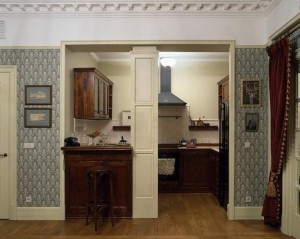
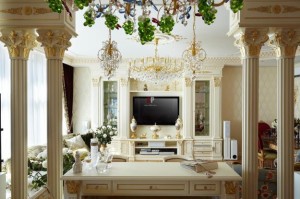
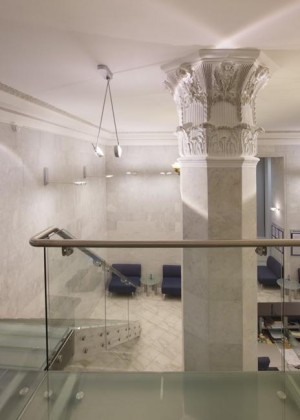
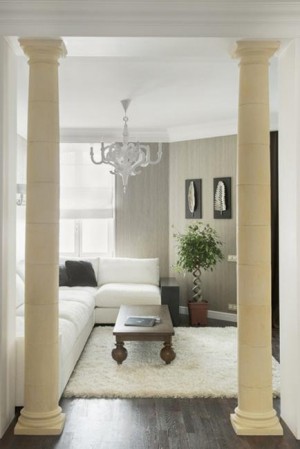
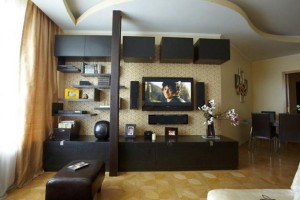
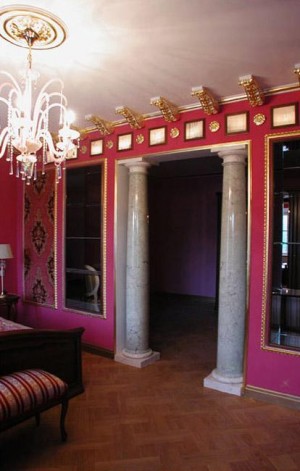
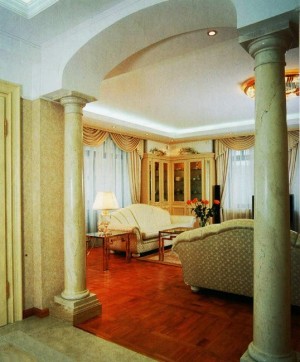
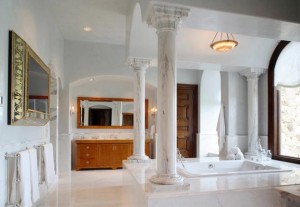
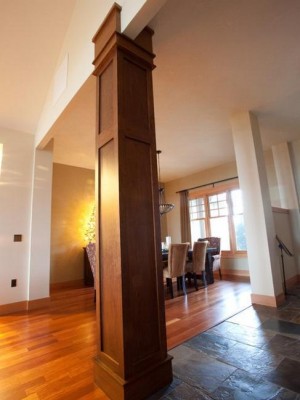
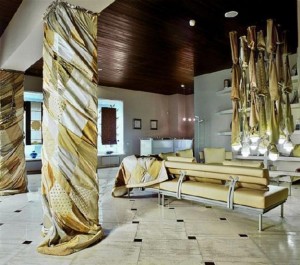
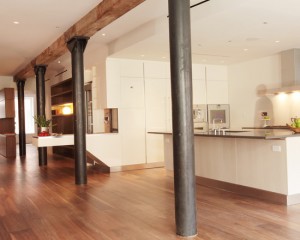
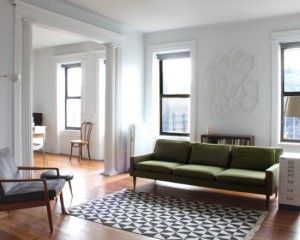
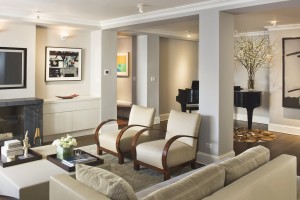
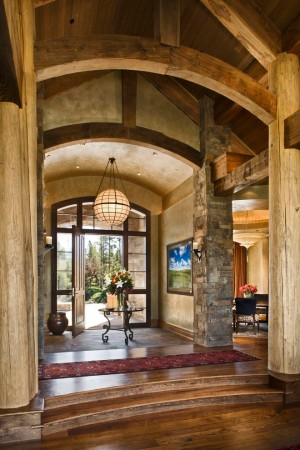
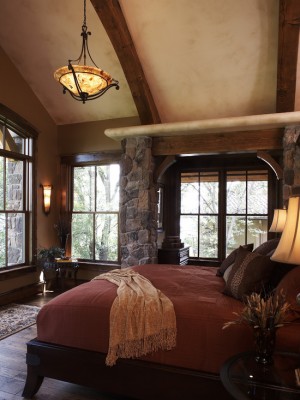
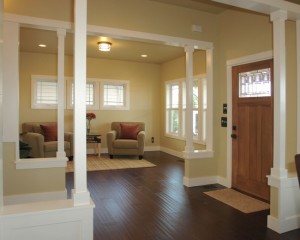
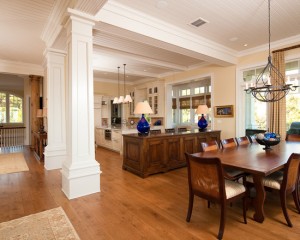
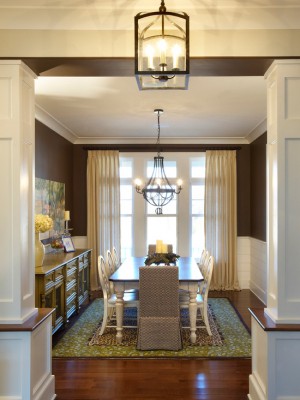
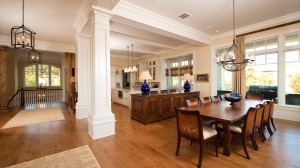
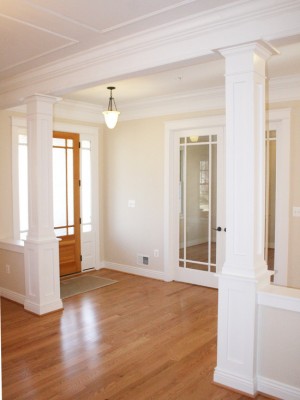
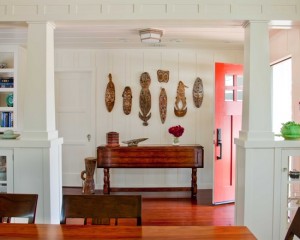
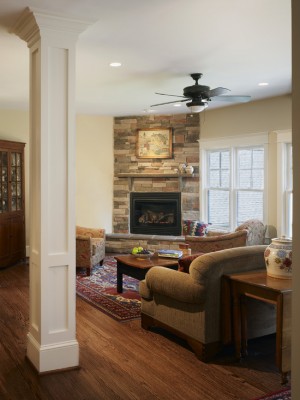
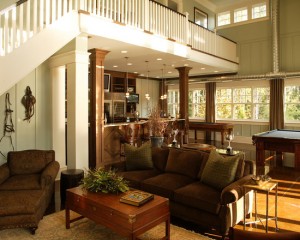
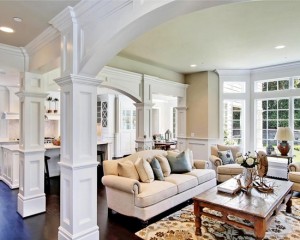
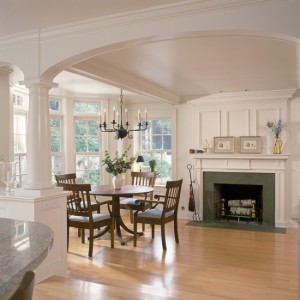
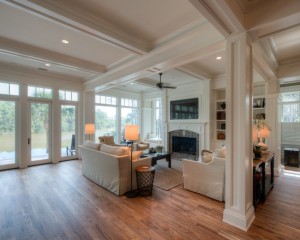
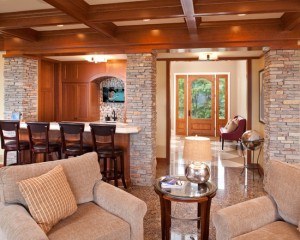
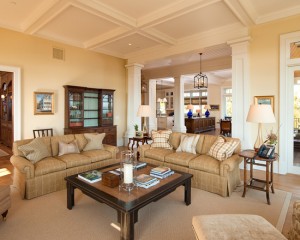
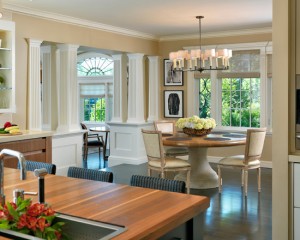
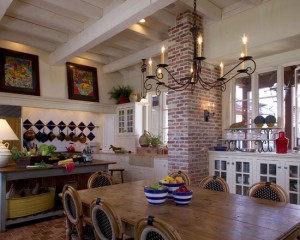
05.05.2023 @ 19:20
e effect of spaciousness is even more pronounced, and the interior acquires a special charm and elegance.
In modern interiors, columns are often used not only as a decorative element, but also as a functional one. They can serve as a support for the ceiling or as a load-bearing element of the building. In this case, the design of the column should be in harmony with the overall style of the interior, and the material from which it is made should be chosen taking into account the functional load.
In any case, the column is a versatile and expressive element of the interior, which can give the room a special charm and elegance. Whether it is a historical interior or a modern one, the column can be used to create a unique and stylish living environment.